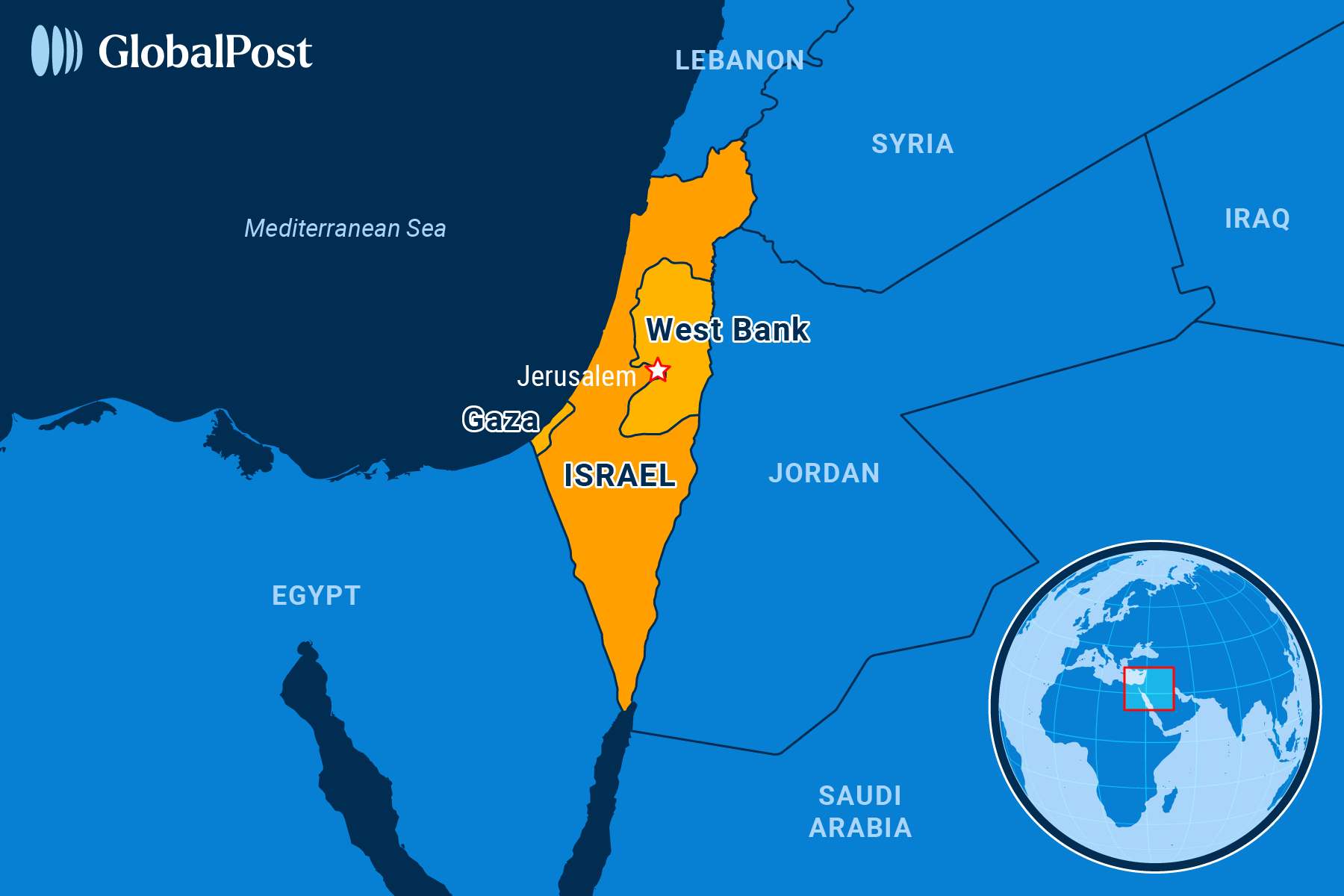Boiling Over

Widespread protests and a national strike took place across Israel on Monday, as people took to the streets to demonstrate against the government’s failure to reach a hostage-release deal after Hamas reportedly killed six Israeli hostages, the Wall Street Journal reported.
On Sunday, the Israeli military found the hostages dead in a tunnel in Rafah in the Gaza Strip, where Israel and Hamas have been engaged in conflict since October. Israeli officials said the hostages were likely killed 48 to 72 hours before Israel’s forces got to them.
Hamas blamed the deaths on Israel and the US, claiming they died as a result of Israel’s bombing campaigns.
The deaths sparked anger among many Israelis, prompting tens of thousands of people to participate in impromptu protests across the country.
Separately, Histadrut, Israel’s largest labor union, launched a nationwide strike that led to the shutdown of schools, government offices and businesses, including Ben Gurion International Airport, which paused flights for several hours.
However, the strike was cut short by a labor court ruling, which mandated that it would end at 2:30 p.m. local time, citing its political nature rather than economic concerns, NPR added.
The demonstrations reflect growing frustration with Prime Minister Benjamin Netanyahu’s government, which many Israelis accuse of condemning hostages to death by not negotiating effectively with Hamas.
Protesters say Netanyahu has failed to secure the release of the hostages, with many calling him a murderer and criminal for not pursuing negotiations more aggressively. Protesters believe that a ceasefire could have saved the hostages’ lives and continue to press for a deal.
Even so, the protests and strikes also exposed divisions within Israeli society, with some municipalities and businesses choosing not to participate. While many Israelis support a hostage deal, right-wing factions and members of Netanyahu’s ultranationalist coalition remain opposed to any deal that might end the war, prioritizing military action over negotiation.
Israel has been embroiled in a conflict in Gaza since Oct. 7, when Hamas and its allies launched a bloody attack that killed approximately 1,200 people and resulted in about 250 hostages being taken.
Israel’s military response has resulted in many casualties in Gaza, with tens of thousands of Palestinians killed, according to health officials in the Hamas-controlled territory.
Netanyahu maintains a hardline position, insisting that eliminating Hamas and preventing their access to smuggling tunnels are integral to Israel’s security.
Still, some critics allege that the prime minister is more concerned with maintaining his coalition than with the lives of the hostages.
Netanyahu’s coalition partners have previously threatened to topple the government if a hostage deal means ending the war. A government collapse would lead to early elections, with current polls showing that the ruling coalition wouldn’t be reelected, according to the WSJ.

Subscribe today and GlobalPost will be in your inbox the next weekday morning
Join us today and pay only $32.95 for an annual subscription, or less than $3 a month for our unique insights into crucial developments on the world stage. It’s by far the best investment you can make to expand your knowledge of the world.
And you get a free two-week trial with no obligation to continue.
